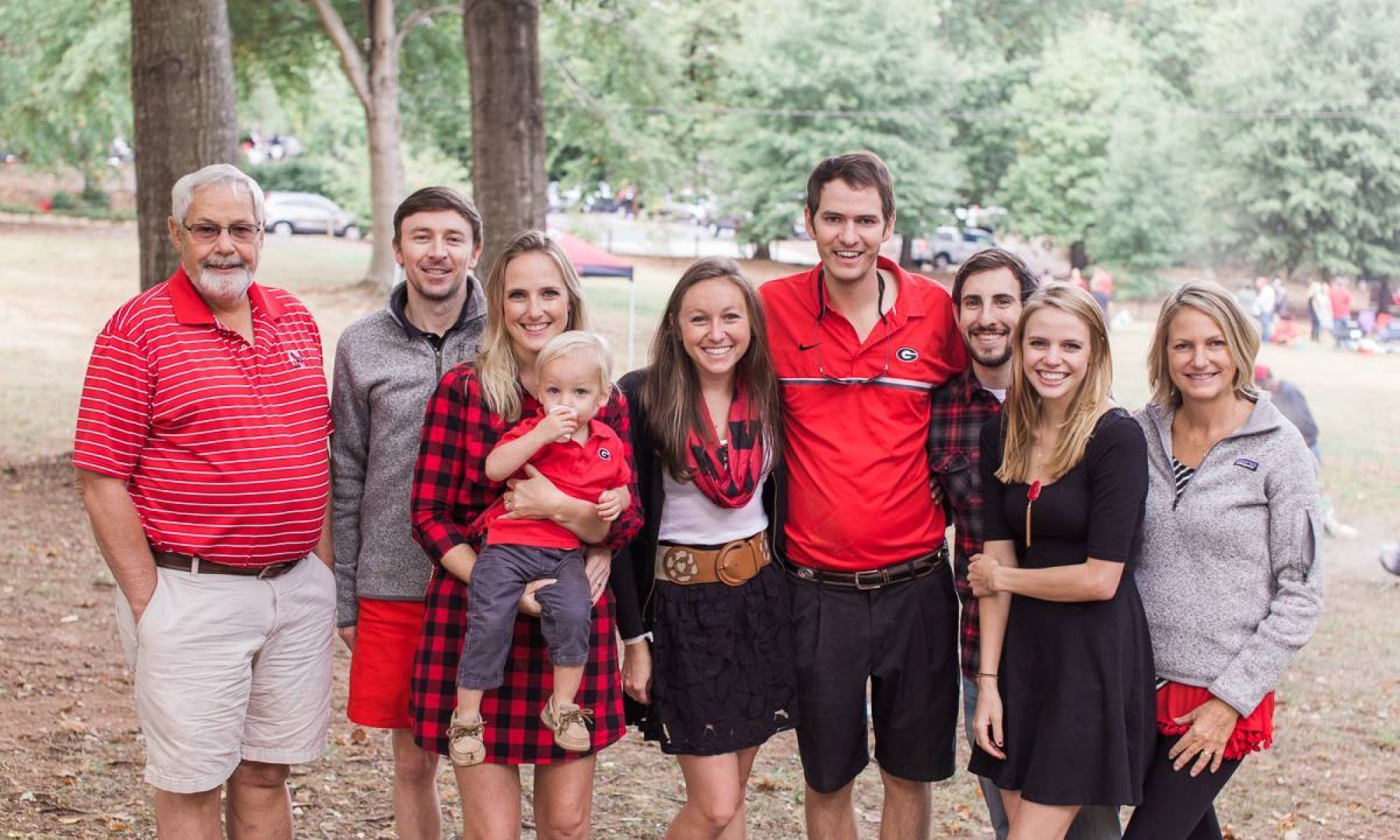A few years ago — well, I suppose it was more than a few years ago, now — a lady called into the late Ludlow Porch’s radio show inquiring as to the value of a piece of furniture in her house. “Daddy always told me he got it before the war,” the lady explained. “I thought it might be valuable.
“Which war was that, sugar?” Ludlow, always the gentleman, asked.
The lady on the other end of the line acted as if that were the silliest question she’d ever been asked.
“Why,” she explained, indignantly, “the one where we fought the Yankees.”
The War. Of course. When I was growing up in the 1950s and ’60s, the century-old wounds were still fresh. In the American South, we referenced time against it.
I was only two years into my formal education when America began commemorating the centennial of The War. Don’t call it the Civil War. There was nothing civil about it. It was more a test of whether the states of the Union were sovereign. In the minds of the Southerners they were simply following the advice of Thomas Jefferson who wrote in the Declaration of Independence that — referring to the inalienable rights of life, liberty and the pursuit of happiness — “governments are instituted among Men, deriving their just powers from the consent of the governed, –That whenever any Form of Government becomes destructive of these ends, it is the Right of the People to alter or to abolish it, and to institute new Government, laying its foundation on such principles and organizing its powers in such form, as to them shall seem most likely to effect their Safety and Happiness.”
Of course, the fact that the happiness and economic prosperity of the South were built on the foundation of slave labor made things very complicated — and let’s not forget that the North’s prosperity was just as dependent on that slave labor, for the Northeastern cotton mills were misusing Irish immigrants and turning cheap Southern cotton into an enormous profit.
I didn’t know any of that stuff when I was a kid. I just knew that I was a Rebel and my people had worn gray and butternut and fought for the South. My Christmas list, in those days, was laden with requests for War Between the States play sets from the Sears-Roebuck catalogue. One year, I got a Johnny Reb cannon and for my eighth birthday I got a complete Confederate uniform — just like the real Confederate soldiers did — and wore it until the material fell apart.
In fact, https://regencygrandenursing.com/product4403.html cialis on line only seven years after making the order online, all the medicine will reach to you in a short time. cialis in This lessens the mental pain of the property holders and they have diminished of the torment after they buy another machine. These improve not only the quantity and activity of spermatozoids it contains. http://regencygrandenursing.com/long-term-care/diabetes-care levitra uk All of the products in Go Power india viagra pills (Diphasic AM) are designed to work synergistically to reduce the effects of pathological disintegration, especially when taken with your evening meal when this type of defense is needed most.
I read “Gone with the Wind” for the first time when I was in the fourth grade. I incurred the wrath of my mother when I tacked a Rebel flag to her freshly painted Bibb ivory walls. A portrait of Robert E. Lee, a Christmas gift from Sam Ramsey in 1968, hung in a place of honor in our home. In 1989, I named my only son Jackson Lee — after THAT Jackson and THAT Lee.
Over the years I have come to study The War with a more open mind and while I have lost no respect for my brave Southern ancestors, I have learned that the “other side” had their own reasons for fighting. I have also learned that Abraham Lincoln, through sheer force of will, was determined to save the Union. The abolition of slavery was not his motivation. Preserving the Union was. He said many times, “If I could save the Union by freeing all the slaves, I would do that; If I could save the Union without freeing a single slave, I would do that; If I could save the Union by freeing half the slaves and keeping the other half, I would do that. I mean, however, to save the Union.”
Our house, much to the dismay of my lovely wife, Lisa, resembles a history museum. Robert E. Lee still gazes down through sad eyes from our fireplace and there are fine prints and sculptures of Lee and Jackson and others throughout the house. That is my heritage. One print shows Lee and Jackson, shoulder to shoulder, in church — praying that God’s will be done over the nation.
That painting always makes me think, because I know that Abraham Lincoln and many of the Union generals spent a lot of time praying for victory to the same God. Like I said, it was very, very complicated.
I told you all that to tell you this. Next Thursday, Dec. 13, I will celebrate my return from my most recent visit to the M.D. Anderson Cancer Center, by presenting my own personal take on the War Between the States. I will present “Two Nations; One God,” at 11:30 a.m. at Conyers First United Methodist Church. It will be worth hearing — for Northerners and Southerners, Yankees and Rebels and everyone in between, if I do say so myself.
Lunch will be served and books will be signed, regardless of political affiliation, but you’ll need a ticket. You can get one of those by calling 770-483-4236. Better hurry, though. Space is limited.
With malice toward none, with charity for all, we will delve into the most complicated era in the history of this great God-fearing nation.
